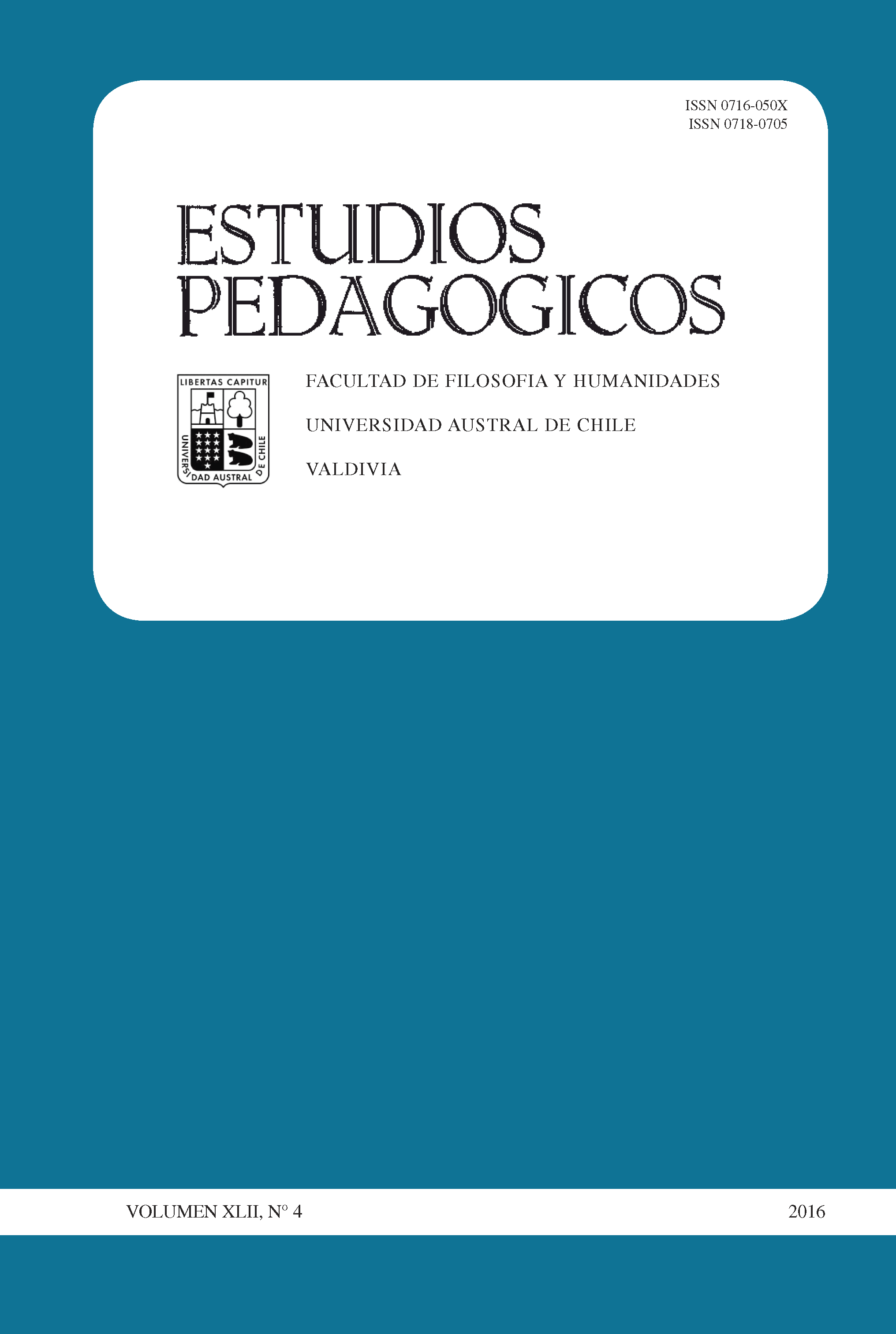Intercultural Communication Competencies in initial teacher training: The case of three regional universities in Chile
Main Article Content
Abstract
The article aims to describe the cognitive, affective and behavioural competencies possessed by undergraduate students in initial teacher training courses for preschool and primary school (n = 270) to address the sociocultural diversity of their future students, and on this basis, to propose elements of intercultural didactics and pedagogy that these undergraduate students must learn in order to work in culturally diverse school settings. A quantitative approach of descriptive comparative design which makes use of the Cultural Intelligence Scale (CI) with 22 items was employed. The results make it advisable to improve the training curricula of future teachers by integrating the theme of cultural diversity explicitly and transversally in the different teacher training courses, for example, through the design and implementation of programs to develop intercultural communication.

